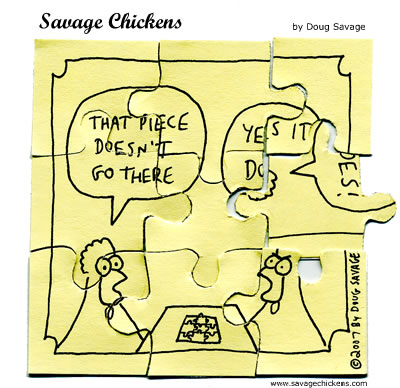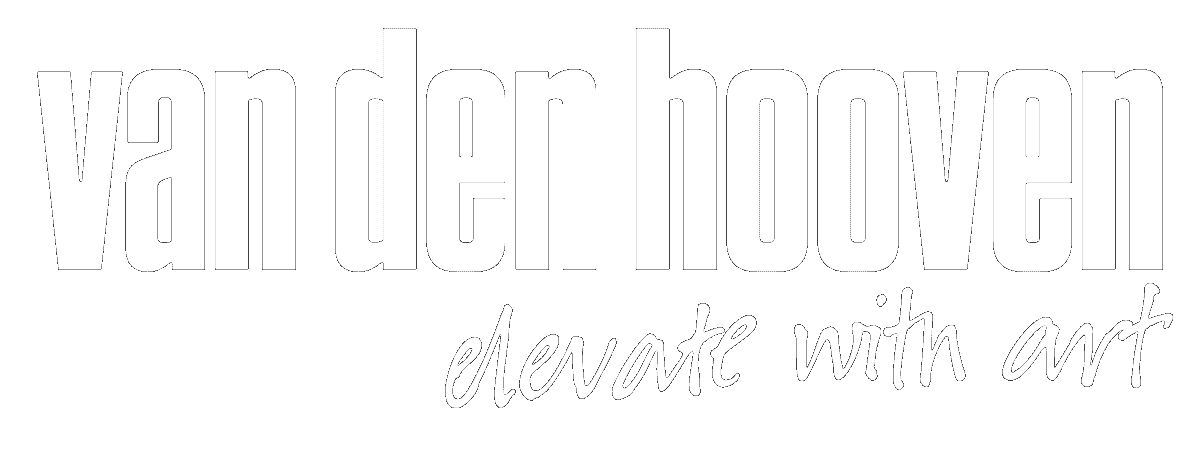The puzzle of language learning.

I often use the analogy that learning a language (including your first one) is like fittting the pieces of a jigsaw puzzle together to form a picture. Each puzzle piece could represent a word, clusters of pieces representing a phrase or an expression. The effectiveness of communication of a concept or idea is the ability of the puzzle to represent an image you are trying to portray. The number of puzzle pieces correlates directly with the number of words that the language contains, while the complexity of the puzzle reflects the difficulty of learning the language in question.
The Oxford English Dictionary contains full entries for 171,476 words in current use. Many other archaic words exist but are now considered obsolete. The average English speaker possesses a vocabulary of 10,000 to 20,000 words, using only a fraction of that in everyday conversation, the rest being recognition or recall vocabulary. Hence, no one can finish the entire puzzle, even given a lifetime of trying. The puzzle is only ever at most partially completed.
As you begin to learn a new language, the puzzle at first appears not to make sense. If you don’t recognise more than 2 or 3 key words in a 10-15 word sentence, it becomes almost impossible to comprehend. Hence, a vocabulary of 1000-2000 words is not enough to understand what is going on.The puzzle pieces don’t connect, and you can’t see the overall picture.Â
In my opinion, there are a minimum number of words (I estimate ~5000) before you can actually begin to communicate. My estimate was based on highlighting the new words I had learned in a Spanish mini dictionary, and approximating the average number of highlighted words per page with the total number of pages. When I approached and surpassed that vocabulary level, my ability to communicate improved drastically. I could understand past, present & future tenses, and I also knew how to augment my knowledge of the language by asking appropriate questions in that language. In other words, I could use the new language to learn more about the world, including the language itself.





Discussion Area - Leave a Comment